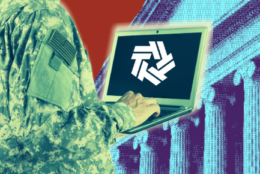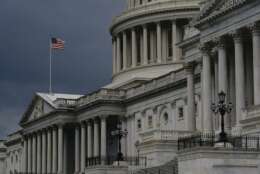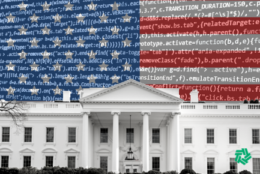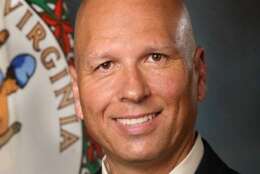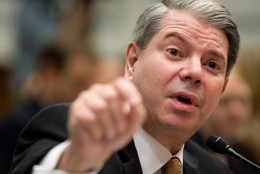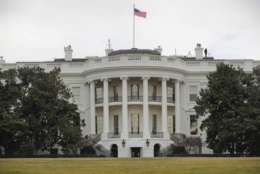Open Data/Transparency
-
The Defense Department finalized its first-ever data strategy focused on eight guiding principles and seven goals to bring some standardization and governance to how the services and agencies manage information.
October 09, 2020 -
The Pandemic Response Accountability Committee oversees a bailout about three times as large as what Congress spent on the 2008 recession, but also benefits from advances in data analytics tools that weren’t available to auditors more than a decade ago.
October 01, 2020 -
The House Modernization Committee has passed its final round of recommendations before its term expires at the end of this session of Congress. The committee has introduced 97 recommendations over the past 20 months.
September 28, 2020 -
Most federal chief data officers have experience with their organizations, but that doesn't always mean they know where they stand.
September 25, 2020 -
Writing effective comments on proposed federal regulations is an art form. Steptoe & Johnson law firm partner Matt Kulkin had some advice.
September 18, 2020 -
A month ago three departments — Energy, Health and Human Services, and Veterans Affairs — established what they call the COVID-19 Insights Partnership. It brings together a lot of health data
August 31, 2020 -
The Millennium Challenge Corporation invests U.S. foreign aid into developing nations, but not without a detailed paper trail of where the money’s going.
August 19, 2020 -
The CIO Council released a new guide developed by the Federal Technology Investment Management community of practice and the General Services Administration’s Office of Governmentwide Policy, called Meeting IT Priorities with Technology Business Management.
August 10, 2020 -
Suzette Kent, who recently left after more than two years as the federal CIO, said lawmakers need to reconsider how they fund technology modernization efforts so they are not just a one-year effort.
July 16, 2020 -
The 2014 DATA Act set a new standard for government transparency by raising the bar for how much spending data agencies have to make available via public websites. But releasing more information doesn't help much if the data is unreliable.
July 14, 2020 -
In today's Federal Newscast, National Archives and Records Administration employees have spent the pandemic making Black history records more accessible to the public.
July 14, 2020 -
The chief data officer role compares to CIOs' Y2K responsibilities, requiring significant relationship building across the enterprise when statutory authority may be lacking.
July 02, 2020 -
Members of Congress seized on the report's findings as a wake-up call about gaps in the oversight of emergency pandemic spending and pointed to better data-sharing as a way to prevent the problem.
June 30, 2020 -
Chief data officers are one of the several new "chiefs" to arise in the government bureaucracy over the last decade. Relationship building with program agencies is their greatest challenge, and opportunity.
June 25, 2020 -
The Pandemic Response Accountability Committee (PRAC) is caught between Congress and the administration's requirements when it comes to the amount of data and the source of the information to collect under the $2 trillion CARES Act.
June 22, 2020

